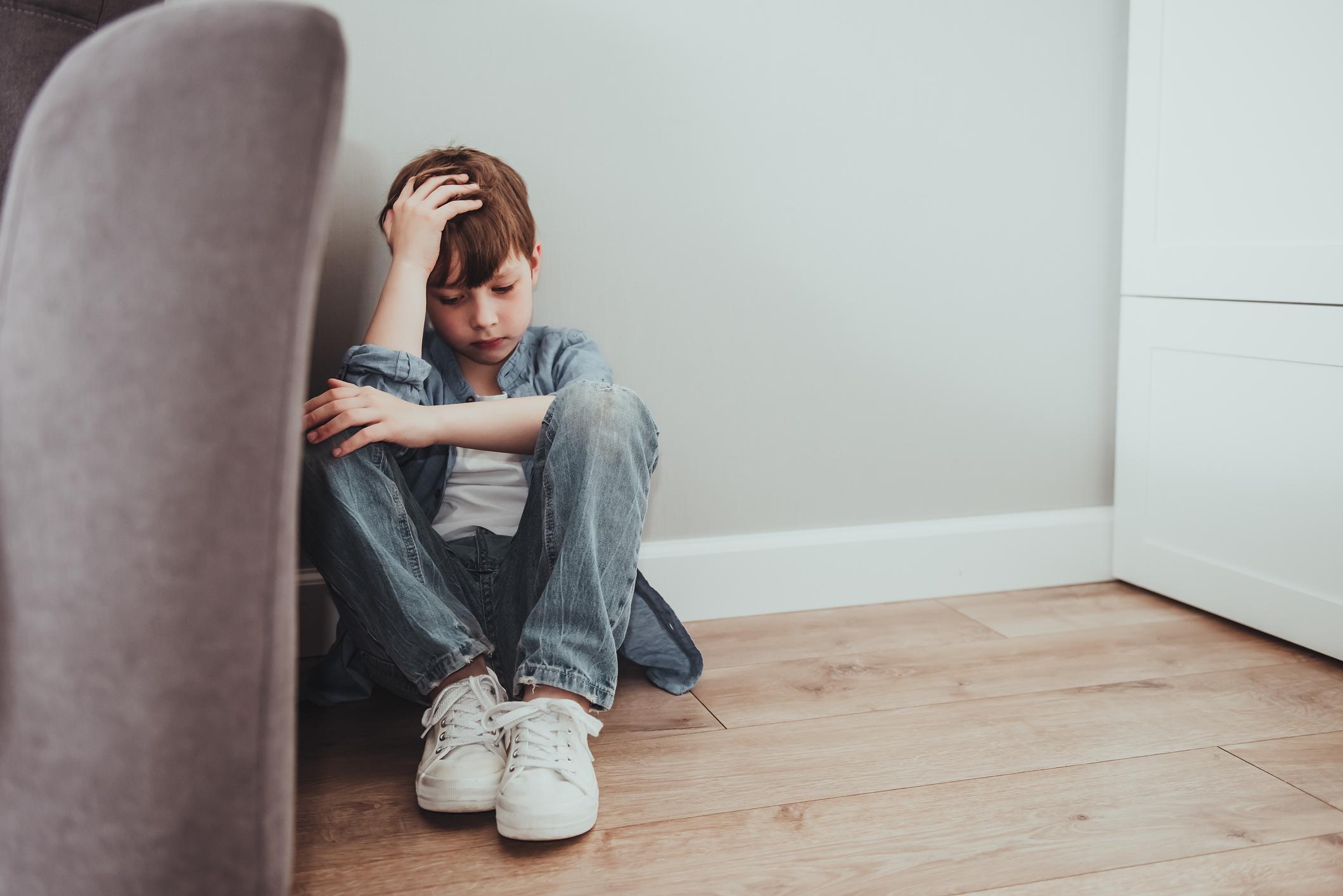An American study observed the repercussions of negative childhood experiences on the physical and cognitive health of adults.

- American researchers have linked childhood trauma to cognitive and physical decline in older adults.
- About 44% of participants had at least one negative childhood experience.
- Nearly 80% of the volunteers were more likely to have difficulty in their daily activities over the years.
A difficult childhood including physical violence, abuse, family difficulties or serious illness can have consequences in adulthood. In a recent study, researchers from the University of San Francisco (USA) noticed a correlation between negative childhood experiences and physical and cognitive impairments in the elderly. These works have been published in the Journal of General Internal Medicine, on August 2, 2023.
What is the impact of childhood trauma on physical and mental health?
For the purpose of this research, the scientists analyzed the data from the National Social Life, Health and Aging Project, a national cohort of older American adults. They observed 3,400 participants aged 50 to 97. The volunteers were asked about the different types of trauma they may have experienced during their childhood. They also carried out balance, walking, cognitive and memory tests. Their difficulties in performing activities of daily living were also assessed.
About 44% of participants had at least one negative childhood experience. Some have suffered or witnessed violence while others have experienced episodes of financial stress or a separation from one of their parents. One in five people said they had had more than one adverse childhood experience.
“Stressful early life experiences may be risk markers for functional impairment”
According to the results of the study, 40% of participants who experienced violence were more at risk of having reduced mobility and 80% were more likely to have difficulties in their daily activities. Volunteers who lived in unhappy families were 40% more at risk of developing mild cognitive impairment with age.
“Given the frequency of childhood trauma among our participants, this shows that stressful early life experiences may be markers of risk for functional impairment and disability later in life (…) This has implications for geriatric care: early recognition of childhood trauma may be useful in identifying adults who might benefit from strategies for screening or preventing functional decline associated with aging.”said Victoria M. Lee, lead author of the study and a medical student at the University of San Francisco, in a statement.

















